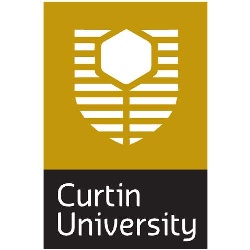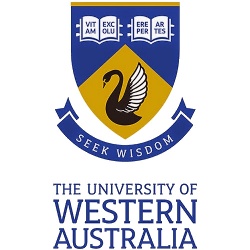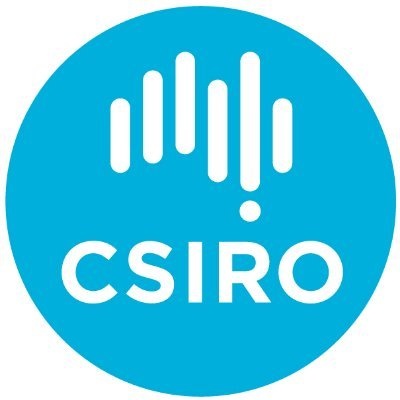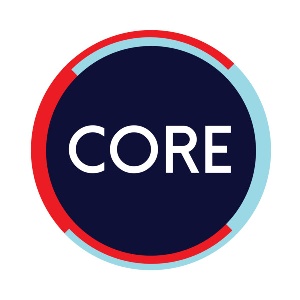2021-03-27Journal Article
Dr Hoa Bui
Authors: Dr. Hoa T. Bui, Prof. Regina S. Burachik, Prof. Alexander Y. Kruger, Prof. David T. Yost
Publication
Optimization
Global Optimisation via Abstract Convexity
In a convex optimisation problem, local minima is global minima; for that reason, many techniques for finding local minimum and stationary points (e.g. these points where the gradients equal zero) are applicable in convex settings to find the global minima. Gradient and its many generalisations give us an efficient way to study of the local extrema in general nonlinear nonsmooth optimisation. Unfortunately, for a general nonconvex optimization problems, it is not the case when stationary points are global solutions and very often in reality we have to deal with nonconvex problems.
The theory of Global Optimisation, which concerns with finding global mininizers in general nonconvex settings, therefore, becomes significant in both theoretical aspects and practical aspects. One of the main directions in Global Optimisation is to innovate the concept of subgradient to preserve some nice properties of convex analysis. For that reason, the notion of abstract convexity, also called convexity without linearity, was introduced by Alexander Rubinov. It has became one of the most powerful tools that allows us to extend many facts from classical convex analysis to more general frameworks. For example, in the framework of abstract convexity, stationary points are global minimizers.
The whole idea of abstract convexity originates in one of the fundamental facts of convex analysis: every lower semicontinuous convex function is the upper envelope of affine functions. Indeed, many key results in convex analysis are consequences of the two important aspects of this observation: (1) the supremum operation, and (2) the set of functions over which this supremum is taken. Abstract convexity approach retains the supremum operation in aspect (1) but replaces linear, and consequently also affine, functions in (2) by other families of functions called, respectively, abstract linear and abstract affine. Since aspect (1) of the supremum operator is retained, global properties of convex analysis are preserved even when dealing with nonconvex models. This approach is sometimes called a non-affine global support function technique.
Main goals of our research are:
(a) develop sufficient calculus rules for a general class of abstract convexity, using explicitly the pointwise convergence topology, i.e., weak* topology;
(b) extend the strong duality theory via abstract convexity, using * certain properties involving subdifferentials and ** certain facts involving conjugate functions.
I was awarded the AustMS Lift-off fellowship in 2020 to continue working on this research with Prof. Regina Burachik from UniSA. This research paper is dedicated to the memory of Prof. Alexander Rubinov, one of the founders of the Abstract Convexity Theory, an outstanding mathematician, a great person, teacher and friend, on the occasion of his 80th birthday.
Quality Indicators
Peer Reviewed
Q1 Journal as rated in SJR







